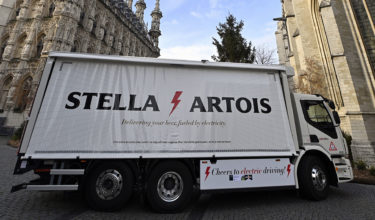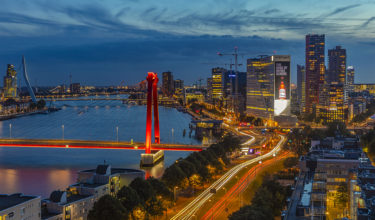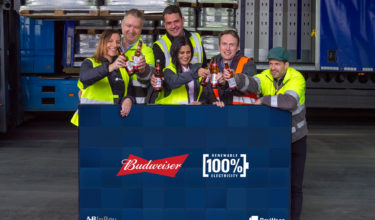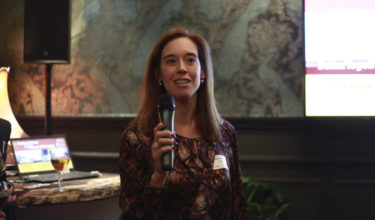In 2017, AB InBev announced a partnership with NGO Parley for the Oceans. The shared mission is clear: to protect the world’s oceans and beaches from plastic pollution. Together, we set the challenge to protect 100 islands by 2020, starting in six key regions: Italy, Mexico, Maldives, Australia, Chile and the Dominican Republic.
To drive this mission forward, Corona launched a new form of packaging. The standard plastic six pack rings, you may have seen on your beer cans, are made from a photodegradable form of polyethylene, which if exposed to sunlight, decompose into tiny pieces of plastic. Although almost all plastic rings of this sort are in fact recyclable, in reality most plastics ever created are not recycled. Solution? Getting rid of the material entirely and replacing it with rings made from plant-based biodegradable fibers. These fibers consist in part of spent grains left over from the brewing process and other compostable materials. When the rings end up in the environment, the material breaks down into harmless, organic material. The new rings will be piloted in Mexico at the beginning of this year and will be tested in the United Kingdom in the near future.
“The beach is an important part of Corona’s DNA and we have been working with Parley to address the issue on the frontlines where plastic is physically accumulating,” said Evan Ellman, Corona Better World Director. “We also recognize the influence a global brand like Corona can have on the industry, and with the support of Parley, we are pursuing scalable solutions like plastic-free six pack rings that can become a new standard to avoid plastic for good.”
Since the partnership launched in 2017, Corona and Parley have conducted over 300 clean-ups in over 15 countries, including the U.K., Italy, Maldives, Palau, Mexico, the Dominican Republic, Chile, Indonesia, South Africa and Australia. With over 7,000 volunteers from more than 200 locations participating, the clean-ups have totaled more than three million pounds of plastic waste collected.






